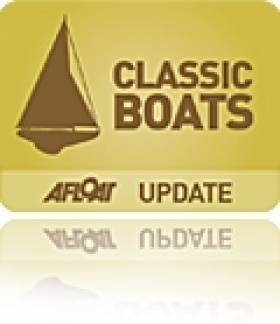Displaying items by tag: Haiti
#SantaMaria - Christopher Columbus' voyage of discovery to the Americas more than 500 years ago is almost the stuff of legend today - but now marine archaeologists think they've found the remnants of his flagship, the Santa Maria.
The potential find off the north coast of Haiti - on what was then known as the island of Hispaniola - could give us a tangible connection to the stories we all learned at school about the Nina, Pinta and Santa Maria.
As The Independent reports, top archaeological investigator Barry Clifford says "all the geographical, underwater topography and archaeological evidence strongly suggests that this wreck is Columbus’ famous flagship."
And it's only happened because of a fresh look at images of the wreck taken more than 10 years ago, in the context of new dives to the site earlier this month.
Sadly the return dives saw various artefacts were missing, presumed raided by looters.
But it's hoped that the ship itself, if it is indeed confirmed as the one Columbus sailed to the New World in 1492, might be preserved in such a state that it could be raised and become an important tourist attraction for impoverished Haiti.
The Independent has much more on the story HERE.
Alinghi Sails to be Cut Into Haiti Tents
The leftover sails and team clothing from the Alinghi campaign are to be shipped to Haiti for earthquake survivors, El Mundo has reported.
The Spanish newspaper says that the sails from the enormous catamaran will be re-cut into as many as 1,000 highly durable tents for earthquake survivors, with 65 cases of clothing also being flown out of Madrid today.
The sails will be re-cut and stitched on site, providing work for survivors.






























































